Kuwaiti firms eye investment in Lao agriculture
- Vientiane Times
- 14 February 2009
A number of Kuwaiti businesses have expressed an interest in investing in agriculture in Laos, according to a Lao company owner.
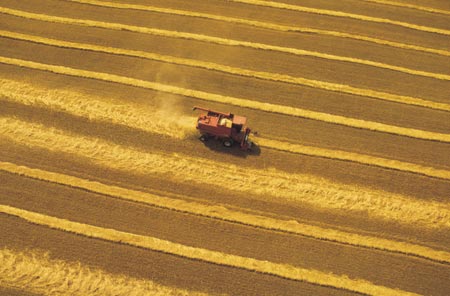
A number of Kuwaiti businesses have expressed an interest in investing in agriculture in Laos, according to a Lao company owner.
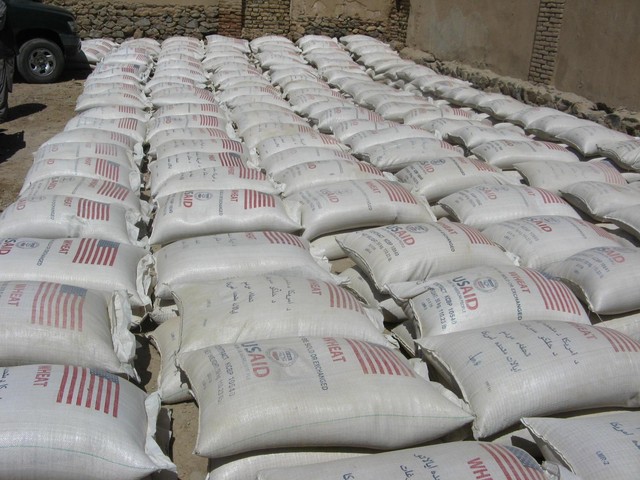
Saudi Arabia and the UAE are worldwide leaders in buying farmland in third-party countries, followed by China and Japan, says the World Bank.

Some Laotian farmers are losing their ancestral lands or being forced to become wage workers on what were once their fields
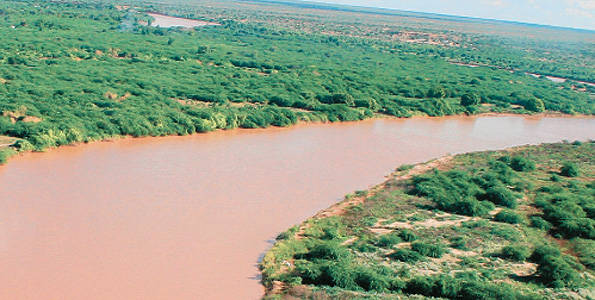
Land acquisitions abroad are the only viable response, Mohammed Raouf, program manager of environment research at the Gulf Research Center, and others say.
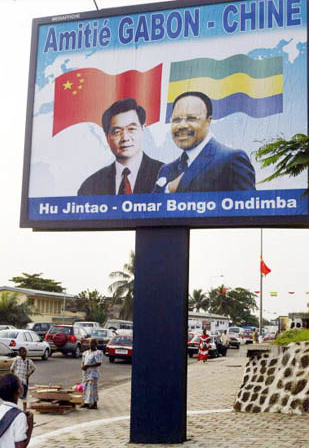
Rich governments and corporations are triggering alarm for the poor as they buy up the rights to millions of hectares of agricultural land in developing countries in an effort to secure their own long-term food supplies.
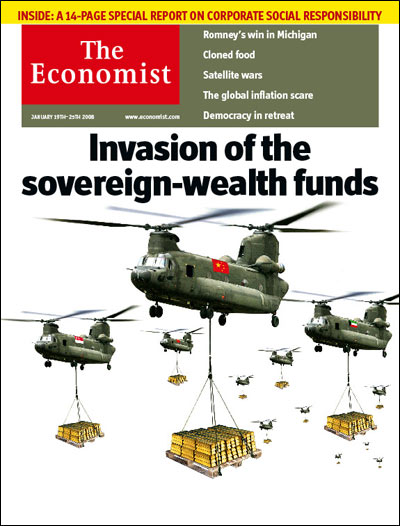
Once committed largely to perceived safe-haven investments in the United States, Gulf nations are now looking to send their petrodollar surpluses towards a more exotic global destination: Southeast Asian farmland.
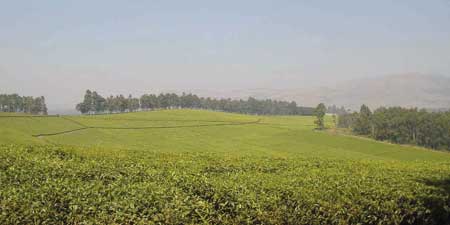
8Natural gas exporter Qatar and Vietnam have set up a US$1 billion fund to invest in sectors including agriculture. Sovereign wealth fund Qatar Investment Authority will provide 90% of the fund's equity, Gulf Times reported, citing Phung The Long, Vietnam's Ambassador to Doha. "We have exchange ideas about setting up an animal farm for breeding cattle and lambs," The Long said.
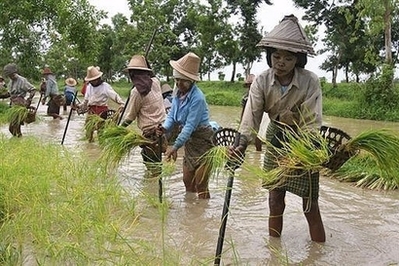
A Kuwaiti delegation last week met with the Myanmar cabinet and industry officials to discuss investment in the agricultural sector.
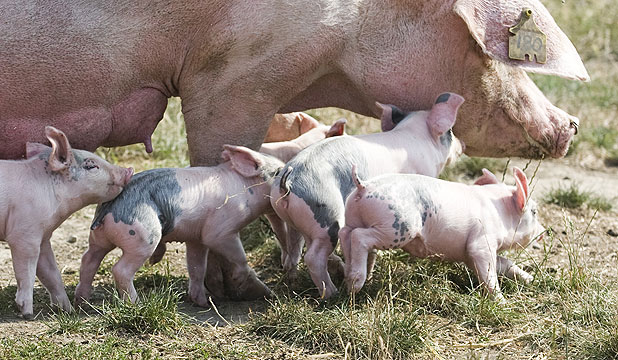
It is becoming harder for Koreans to buy grain, regardless of price. That is why the government is hurrying to cultivate overseas crops and to secure stable import sources.
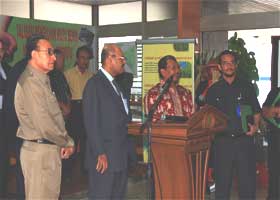
Alarmed by exporting countries’ trade restrictions, importing countries have realised that their dependence on the international food market makes them vulnerable not only to an abrupt surge in prices but, more crucially, to an interruption in supplies.

In Cambodia, Laos and Myanmar, His Highness the Prime Minister od Kuwait’s visit was of great importance given the promising financial investment opportunities in those nations. One of the main topics discussed was food imports from these countries as a means for securing food supply, facilitating a Kuwaiti energy supply to them, as well as cooperation in oil exploration and the agricultural field.
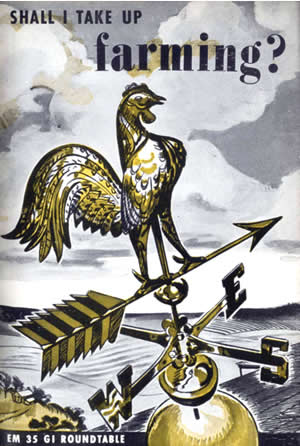
As other countries have pushed their industrial bases thousands of miles offshore in search of resources and labor, China is doing the same thing with agriculture, expanding as far away as Africa in its effort to feed its people.

|
CAR offers land ownership using cryptocurrency
|